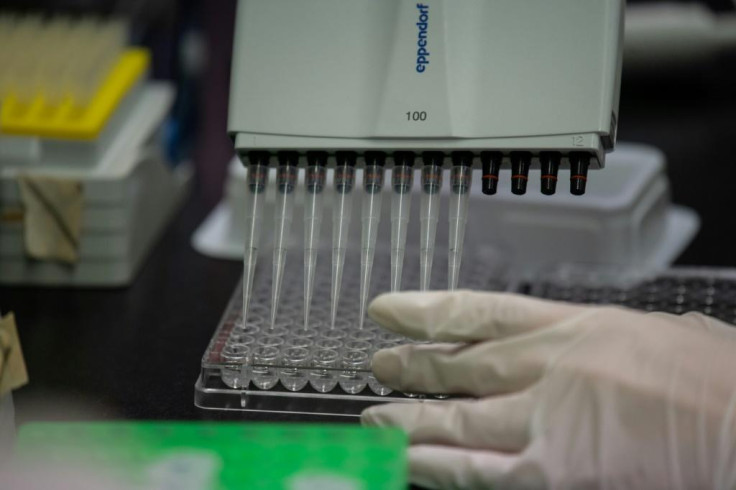COVID-19 researchers identify protein biomarkers that could potentially help patients
These findings were submitted by scientists from Francis Crick Institute in London and Charité – Universitätsmedizin Berlin.
In the early days of the COVID-19 pandemic, there have been reports about the likelihood of infections based on a person's blood type. While many dismissed it as a hoax, it seems that there might be more to learn about how the virus affects people based on specific protein biomarkers. Researchers in the U.K. and Germany appear to have discovered a method that could be used by doctors to anticipate the severity of the symptoms one might experience upon infection.
These findings were submitted by scientists from Francis Crick Institute in London and Charité – Universitätsmedizin Berlin. This study hopes to finally answer why some individuals only experience little to no symptoms, while others progress from mild to severe, which could result in death. With the help of mass spectrometry, the teams worked with blood samples from 31 patients diagnosed with varying degrees of severity.
In a statement published by EurekAlert!, it appears that "the researchers were able to identify 27 proteins in the blood which varied in quantity depending on disease severity." What followed next was that "the researchers then validated these molecular signatures by analyzing samples from another group of 17 COVID-19 patients and 15 healthy people. Protein expression signatures were able to precisely classify patients according to the World Health Organization's coding criteria for COVID-19."
Experts view this as a potential gamechanger when it comes to the diagnosis and treatment of COVID-19 patients. While it might not be on the same level as developing a treatment or vaccine, it does allow healthcare professionals to potentially save lives. "These results lay the foundations for two very different applications. One possible future use would be for disease prognosis," according to Dr. Markus Ralser, one of the leaders of the research, reports Fox News.

He also added that "another possible future use would be as an in-hospital diagnostic test, which could provide clarity regarding a patient's condition — regardless of how they themselves describe it." The team hopes to move on to another testing phase which will involve more patients than what was recently concluded. In a related report, some hospitals in the U.K. are testing an automated system to properly diagnose if a patient has COVID-19.
© Copyright IBTimes 2025. All rights reserved.





















